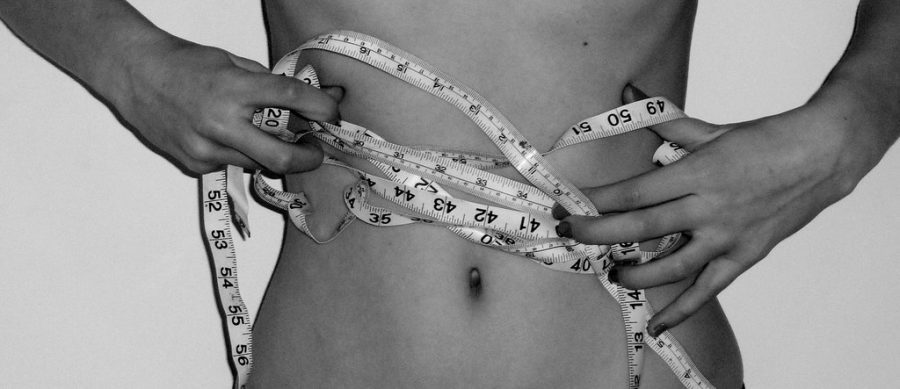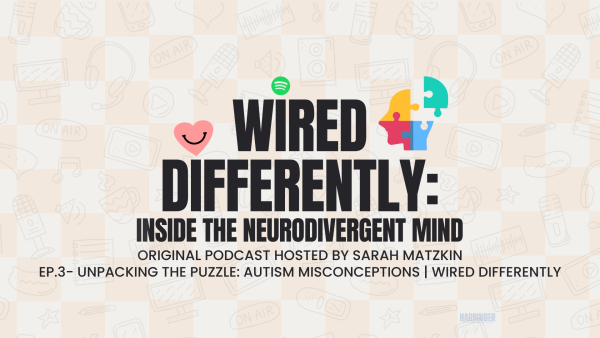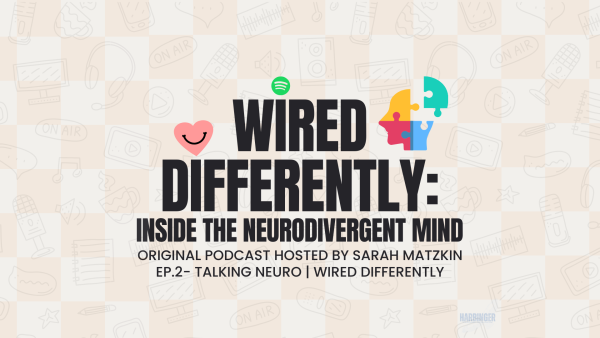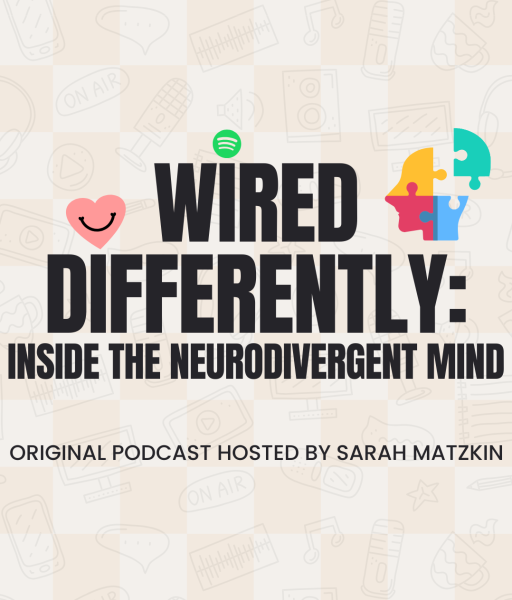Why you should join the Body Neutrality movement
During my last dance recital season when my mom was helping me measure my waist for my costume measurements, she said “don’t suck your belly in.”
She caught me. Slowly, I released the tension from my stomach and looked away.
Many people, myself included, have struggled with their body image at some point in their lives. More than a dozen studies have concluded that women feel more dissatisfied than men. According to the research-based blog Horizon of Reason, which analyzed and mimicked a 1985 body image study conducted by Fallon & Rozin, 33 percent of men and 70 percent of women feel dissatisfied with their bodies, rating them as “larger than ideal.”
In an attempt to help young people feel better about their bodies, many influencers on Instagram and TikTok are promoting the body positivity movement.
While I believe that loving your body is a beautiful thing, there are a couple of flaws in embracing body positivity. One is that it doesn’t account for the fact that your body and emotions are constantly changing. You may learn to love your body how it is one way, but when your body changes, you end up disappointed.
This problem is evident through the many weight loss and diet programs that claim that they can help you love yourself as you are. According to Psychology Today, some of these programs exploit people’s body insecurities for profit. So, while they claim to be body positive, they actually end up creating this vicious cycle where people feel the need to keep up with beauty standards.
Body positivity also puts this underlying pressure on people to always be thinking positively about their bodies without taking the time to acknowledge and work through the negative feelings they have.
According to VeryWellMind, a trusted online mental health resource–if someone makes a positive affirmation they don’t actually believe, they can make themselves feel more uneasy because their subconscious mind is rejecting that affirmation.
The solution is removing emotional attachment to one’s body image and embracing body neutrality. Insider defines body neutrality as paying attention to how your body functions rather than what it looks like.
So instead of affirming things like “I love my body” or “I look good today,” a body neutral person would say, “I’m grateful for my legs because they allow me to walk and run” or “I’m grateful for my beating heart that allows me to stay alive.”
This shift in mindset from thinking about what your body looks like to what your body can do for you is beneficial because it allows you to listen to your body’s needs and be mindful in your daily activities.
I used to place a lot of value on what my body looked like. I felt like I had too much belly fat, so over the summer, I did Chloe Ting workouts because I wanted to get a toned stomach.
Although the sides of my stomach definitely did slim, I realized that I spent my summer doing crunches and planks when I could have been dancing, swimming, jumping rope and having fun. I realized that even though seeing physical results was satisfying, those results would not lead to long-term happiness.
Now that I focus on what my body can do, I have a lot more fun exercising. I do MadFit dance workouts, stretch, go for walks and attempt to skateboard as I repeatedly fall down and laugh at myself. I make the most of the present moment to treat both my body and my soul.
New York psychotherapist Alison Stone states that focusing less on your body image is better for your well-being in a HuffPost article.
“When we spend less time thinking about our bodies, it affords us room to focus on other things,” Stone said. “Obsessing, silently judging ourselves and self-criticism take up a lot of mental energy. More importantly, these types of thoughts prevent us from enjoying experiences and being fully present in our lives.”
On my death bed, I’m not going to care about whether or not I got the six-pack. I’m going to care about the opportunities I took, the memories I made and all the moments spent living–instead of obsessing.

Adriana writes feature stories, news stories and editorials for The Harbinger.







